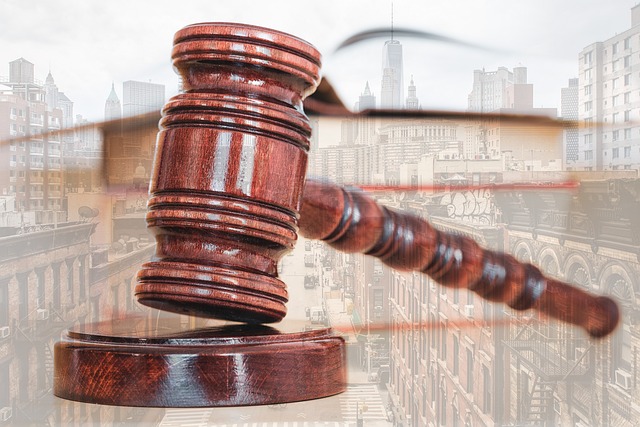Trucking companies face significant challenges navigating state-specific regulations, particularly regarding driver qualifications, hours of service, safety standards, and liability rules, which vary widely across US states. Recent changes in liability laws have altered the legal landscape, complicating operations and increasing risks, especially in cases involving accidents, cargo damage, employment disputes, nursing home neglect, and elder abuse. Effective risk management strategies, including enhanced record-keeping, rigorous driver screening, and comprehensive training on state-specific regulations, are crucial for mitigating these risks and ensuring compliance to avoid severe consequences like fines, legal repercussions, and liability claims.
The trucking industry faces a new era of regulation with evolving rules across state lines, significantly impacting trucking company liability. As businesses navigate this complex web of interstate laws, understanding the shifts in liability dynamics is crucial for operational compliance and risk management. This article explores the intricate relationship between trucking companies and regulations, providing insights into strategies to thrive in this ever-changing landscape while ensuring adherence to evolving standards governing trucking company liability.
- Understanding Interstate Trucking Regulations: A Complex Web of Laws
- The Impact of Recent Changes: Shifting Liability Dynamics
- Navigating the New Landscape: Strategies for Trucking Companies to Stay Compliant
Understanding Interstate Trucking Regulations: A Complex Web of Laws

Navigating the complex web of trucking regulations across state lines is a daunting task for any company operating within this sector. The United States’ diverse landscape of laws presents unique challenges, especially when it comes to trucking company liability. Each state has its own set of rules and regulations governing commercial vehicles, driver qualifications, hours of service, and safety standards, creating a complex web that companies must navigate to ensure compliance.
This intricate system requires trucking businesses to be adept at understanding and adhering to regulations that can vary significantly from one state to another. A violation of these laws can lead to severe consequences, including fines, legal repercussions, and even liability for accident settlements and injury compensation. Therefore, hiring experienced professionals or consulting experts in trucking law is vital to help companies stay informed about changes in legislation and maintain operational integrity.
The Impact of Recent Changes: Shifting Liability Dynamics

Recent changes in trucking company liability rules have significantly altered the dynamics between various stakeholders across state lines. With each state adopting its own set of regulations, trucking companies now face a complex web of legal requirements, complicating their operations and increasing potential risks. This shift has particularly impacted how liability is determined in cases involving accidents, cargo damage, and employment disputes.
Partnership disputes and real estate litigation are among the legal challenges that have become more prevalent as a result. The varying standards for driver safety, vehicle maintenance, and insurance coverage can lead to complex situations when a trucking company operates in multiple jurisdictions. Moreover, personal injury lawyers and victims alike must navigate these changes, ensuring they understand the applicable laws to secure fair compensation or defend against claims effectively.
Navigating the New Landscape: Strategies for Trucking Companies to Stay Compliant

Navigating the ever-changing regulatory landscape is a significant challenge for trucking companies, especially when crossing state lines. With rules and regulations varying from one state to another, staying compliant can be complex. As liability concerns continue to evolve, particularly in cases of nursing home neglect and elder abuse, trucking businesses must implement robust strategies to ensure they remain within legal boundaries.
To adapt to this new landscape, companies should focus on enhancing their risk management practices. This includes meticulous record-keeping, rigorous driver screening processes, and comprehensive training programs that educate employees about state-specific regulations, especially those related to personal injury claims. By embracing these proactive measures, trucking firms can mitigate potential risks and ensure they are prepared to handle any legal complexities that may arise across different jurisdictions.
The recent changes in trucking company liability rules across state lines have significantly altered the operational landscape. As regulations become more uniformed, trucking companies must adapt their strategies to ensure compliance and mitigate risks. By understanding the complex web of interstate regulations, staying informed about shifting liability dynamics, and implementing effective navigation tactics, businesses can navigate this new terrain successfully, ultimately fostering a safer and more efficient trucking industry.






